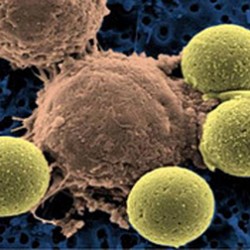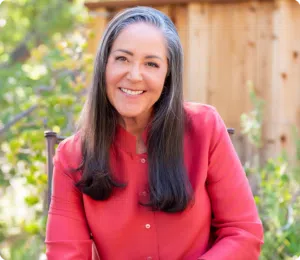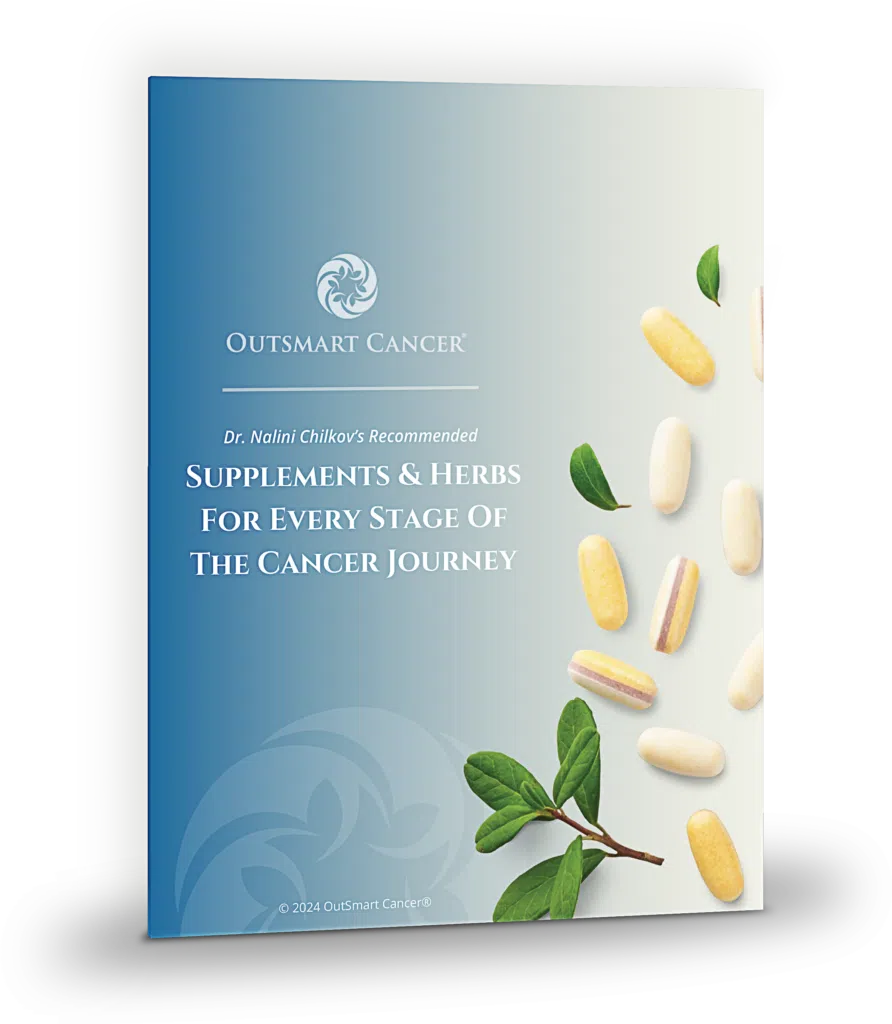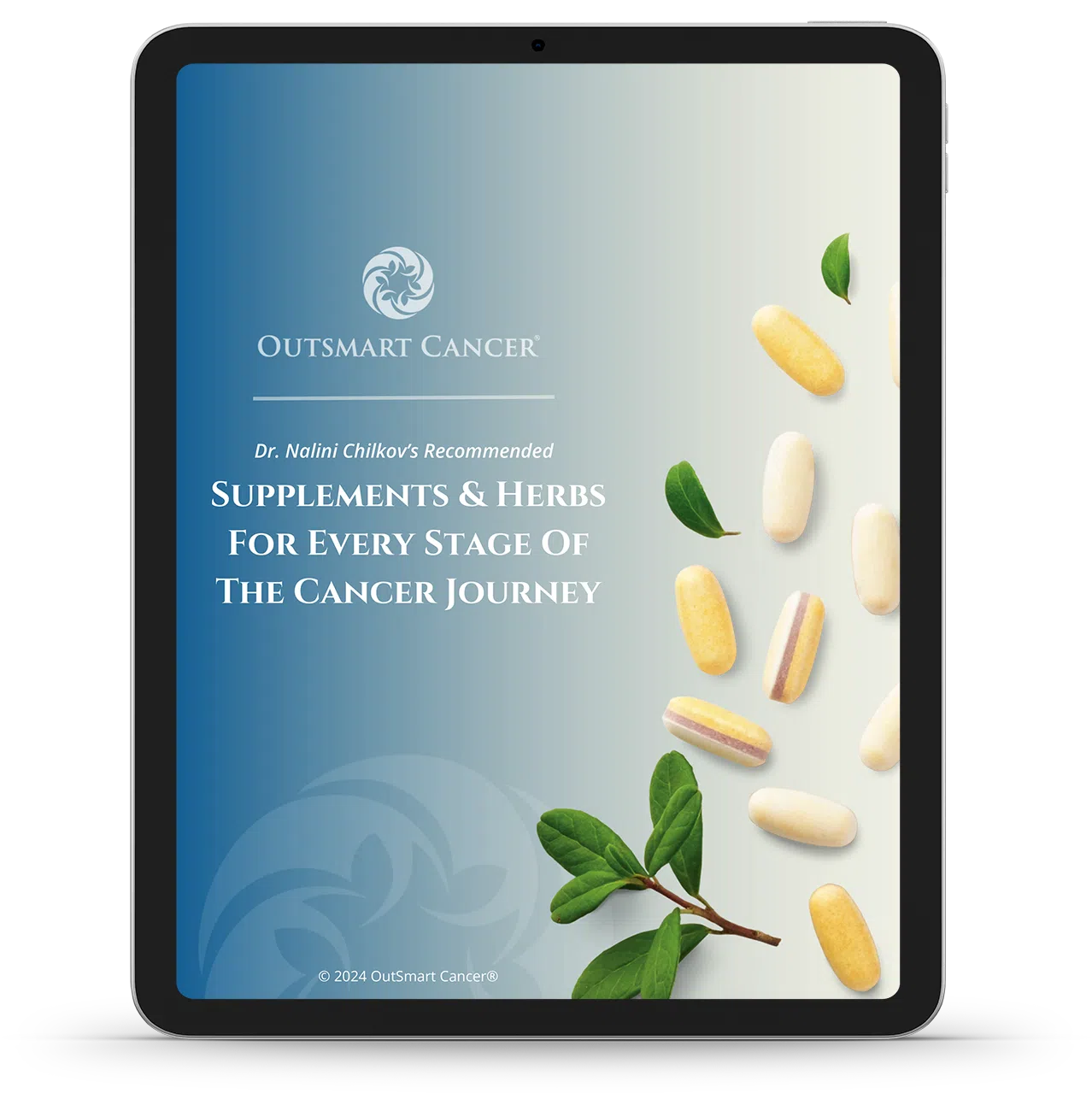
Want to fight colds, flu, infections and cancer? Research shows that Vitamin D Activates Your Immune System.
Vitamin D3 (Cholecalciferol) allows our immune natural killer cells to be able to fight off serious infections as well as cancer. Multiple studies show that Vitamin D is crucial to activating our immune defenses. Without adequate levels of Vitamin we will not be able to activate the killer cells in our immune system. The Canadian Government Health system recommends Vitamin D supplementation during cold and flu system to boost resistance to infections.
Vitamin D is produced as a natural byproduct of the skin’s exposure to sunlight. However most of us do not get enough sun exposure to produce sufficient levels of Vitamin D to keep the immune system activated. Sources of Vitamin D include fish liver oil (cod liver oil), eggs and fatty fish such as salmon, herring and mackerel or taken as a dietary supplement as Vitamin D3 (cholecalciferol). No definitive studies have been carried out for the optimal daily dosage of vitamin D but as a large proportion of the population have very low concentrations of vitamin D in the blood. Many studies suggest that optimal blood levels of Vitamin D3 are between 55-80 ng/ml. This usually requires oral supplementation in most people. Discuss the appropriate dose with your health care provider.
Vitamin D and Infections:
According to Professor Carsten Geisler from the Department of International Health, Immunology and Microbiology, Copenhagen, Denmark, explains that “when a T cell is exposed to a foreign pathogen, it extends a signaling device or ‘antenna’ known as a vitamin D receptor, with which it searches for vitamin D. This means that the T cell must have vitamin D or activation of the cell will cease. If the T cells cannot find enough vitamin D in the blood, they won’t even begin to mobilize.”
T cells that are successfully activated transform into one of two types of immune cell. They either become killer cells that will attack and destroy all cells carrying traces of a foreign pathogen or they become helper cells that assist the immune system in acquiring “memory”. The helper cells send messages to the immune system, passing on knowledge about the pathogen so that the immune system can recognize and remember it at their next encounter. T cells form part of the adaptive immune system, which means that they function by teaching the immune system to recognize and adapt to constantly changing threats.
Top 10 facts about vitamin D and cancerFrom the International Journal of Epidemiology
- Many studies have found solar ultraviolet-B (UVB) vitamin D associated with reduced risk of breast, colon, and rectal cancer.
- A randomized controlled trial with 1100 IU/day vitamin D3 plus 1450 mg/day calcium found a 77% reduction in all-cancer incidence.
- Geographical studies have found reduced risk in mortality rates for 15-20 types of cancer in regions of higher solar UVB doses.
- Observational studies found risk of breast, colon, and rectal cancer falls as vitamin D blood levels rise to over 40 ng/mL (100 nmol/L).
- Mechanisms have been proposed to explain how vitamin D acts to reduce the risk of cancer from starting, growing, and spreading.
- Those who develop nonmelanoma skin cancer may have produced enough vitamin D to reduce their risk of internal cancers.
- Those with higher vitamin D blood levels at time of cancer diagnosis had nearly twice the survival rate of those with the lowest levels.
- African-Americans have an increased risk of cancer in part due to lower vitamin D blood levels because of darker skin.
- Higher UVB exposure early in life has been found associated with reduced risk of breast and prostate cancer.
- Those diagnosed with breast, colon and prostate cancer in summer in Norway had higher survival rates than those diagnosed in winter.
According to Vitamin D expert Cedric F. Garland of University of California San Diego and colleagues also found women who had 47 ng/ml of vitamin D in the form of 25-hydroxyvitamin D [25(OH)D] were 50 percent less likely to have breast cancer.
A review released in the Sept 2011 issue of Anticancer Research found those whose vitamin D was in the highest quartile were 39 percent less likely to be diagnosed with breast cancer, compared to those whose vitamin D was in the lowest quartile.
According to David Liu, Ph.D. Early studies have suggested that high levels of serum vitamin D may reduce breast cancer risk by up to 70 percent.
Some researchers believe the link between vitamin D sufficiency and a decreased risk in cancer is promising. A randomized controlled trial found a 77% reduction in all-cancer incidence when the study group supplemented with 1100 IU/day of vitamin D plus 1450 mg/day calcium. Says Dr. Grant, “Based on various studies of UVB, vitamin D and cancer to date, it appears that global cancer burden can be reduced by 15-25% if everyone had vitamin D blood levels above 40 ng/ml.”
You may also like:
Free Report: Three Dangerous Cancer Myths Revealed | What Your Doctor Is Not Telling You
Vitamin D | Are Your Levels Dangerously Low?
Top 10 Reasons You Should Be Tested for Vitamin D
Low Vitamin D Levels Linked to Aggressive B
References:
http://www.vitamindcouncil.org/health-conditions/cancer/
William B. Grant, Ph.D. Sunlight, Nutrition, and Health Research Center (SUNARC)
P.O. Box 641603 San Francisco, CA 94164-1603, USA www.sunarc.org
CANDACE S. JOHNSON, JOSEPHIA R. MUINDI, PAMELA A. HERSHBERGER,and DONALD L. TRUMP
The Antitumor Efficacy of Calcitriol: Preclinical Studies Anticancer Res July-August 2006 26 (4A) 2543-2549
Cedric F Garland, Do Sunlight and Vitamin D Reduce the Likelihood of Colon Cancer? International Journal of Epidemiology 1980, 9: 227–231.
MEINRAD PETERLIK and HEIDE S. CROSS
Dysfunction of the Vitamin D Endocrine System as Common Cause for Multiple Malignant and other Chronic Diseases Anticancer Res July-August 2006 26 (4A) 2581-2588
STEFAN PILZ, ANDREAS TOMASCHITZ, BARBARA OBERMAYER-PIETSCH,HARALD DOBNIG, and THOMAS R. PIEBER
Review: Epidemiology of Vitamin D Insufficiency and Cancer Mortality Anticancer Res September 2009 29 (9) 3699-3704
DONALD L. TRUMP, JOSEPHIA MUINDI, MARWAN FAKIH, WEI-DONG YU,and CANDACE S. JOHNSON
Vitamin D Compounds: Clinical Development as Cancer Therapy and Prevention Agents Anticancer Res July-August 2006 26 (4A) 2551-2556




